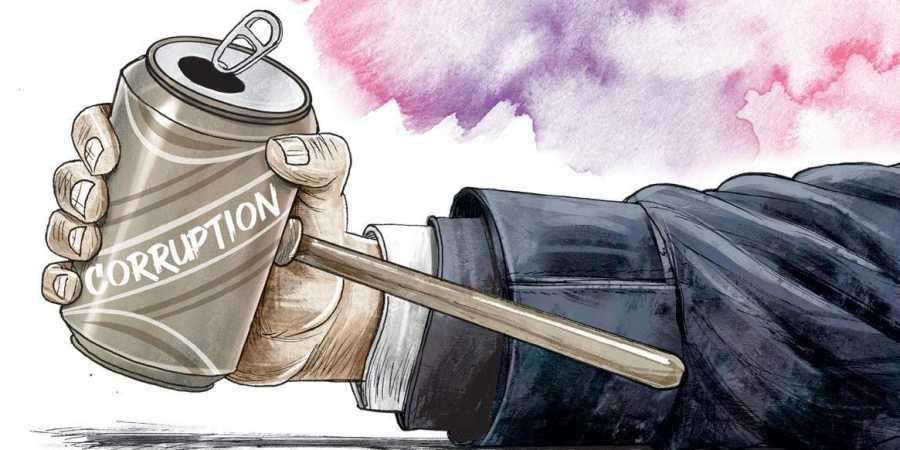The Supreme Court of India has directed a probe into serious allegations of judicial impropriety after Justice Sharad Kumar Sharma, a Judicial Member of the National Company Law Appellate Tribunal (NCLAT) in Chennai, reported receiving a message that suggested interference from a senior judge of the higher judiciary. The message, according to court filings, sought a favorable order in a contentious insolvency dispute.
Justice Sharma disclosed the approach in open court on August 13, stating he was “anguished to observe” that he had been contacted in connection with the matter. He recused himself immediately, directing that the case be reassigned by the tribunal chairperson.
Data Protection and DPDP Act Readiness: Hundreds of Senior Leaders Sign Up for CDPO Program
Supreme Court Steps In
In response, the Supreme Court mandated the Secretary General of the Court to investigate whether the message indeed originated from a High Court or Supreme Court judge, and if so, to identify the individual. Sources familiar with the development told Bar & Bench that the Supreme Court’s decision on further action will hinge on the findings of this inquiry.
The move underscores growing unease within the judiciary about outside influences on commercial disputes, particularly high-stakes insolvency cases.
Case Background and Sensitive Timing
The dispute in question involves an appeal filed by Attluru Sreenivasulu Reddy, a suspended director of KLSR Infratech Ltd., challenging an insolvency admission order against his company. The proceedings, brought under the Insolvency and Bankruptcy Code (IBC), were listed before a two-member NCLAT bench comprising Justice Sharma and Member (Technical) Jatinranath Swain.
Before stepping away, Justice Sharma reportedly showed the disputed message on his phone to lawyers present in court. While the contents were not disclosed publicly, their nature was serious enough to warrant recusal.
A Pattern of Recusals
This is not the first time Justice Sharma has recused himself on grounds of undue approaches. In June, while hearing appeals linked to Shri Ramalinga Mills, he recorded that a respondent had attempted to sway his judgment. In November 2024, he withdrew from another case involving Jeppiar Cements after stating that he had been approached by his own brother with a request to reserve an order.
These repeated instances highlight a troubling pattern in India’s corporate adjudication space, where questions of influence and integrity have become increasingly pronounced.
Broader Implications for Judicial Independence
Legal observers say the present inquiry may set an important precedent. If the Supreme Court inquiry confirms involvement of a member of the higher judiciary, it would represent a rare and unsettling breach of judicial propriety. For India’s commercial tribunals—already under strain from a heavy docket of insolvency cases—the allegations strike at the heart of credibility.
For now, the case in question has been referred back for reallocation to a new NCLAT bench, but the cloud of suspicion lingers. As the Supreme Court deliberates, the outcome of this inquiry may shape how questions of judicial accountability are handled in India’s appellate system.



